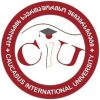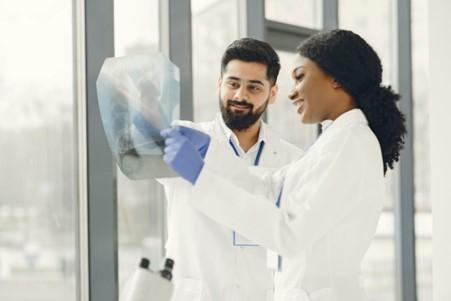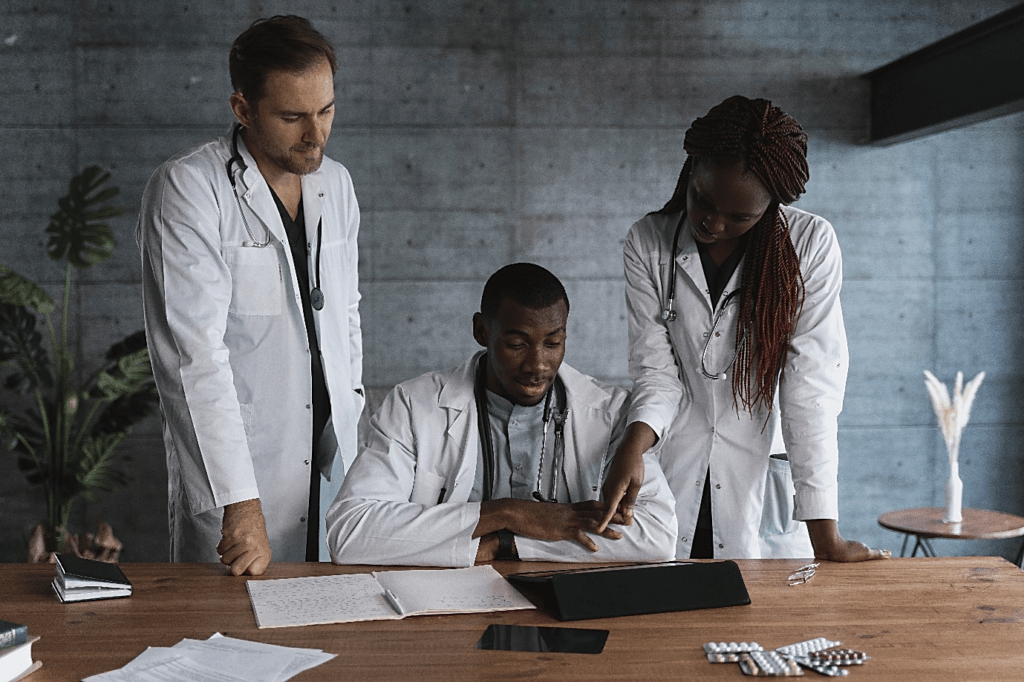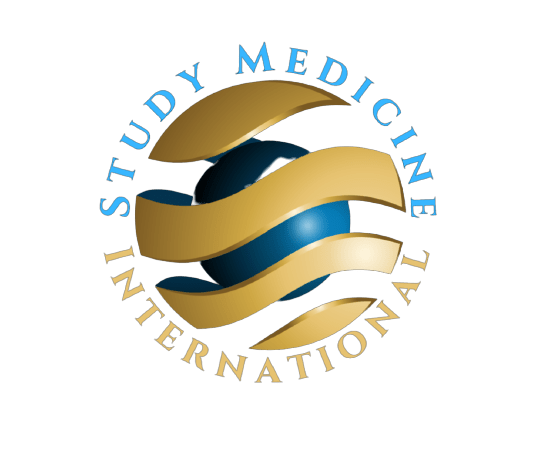- +44 (0) 730 599 5999

Tuition Fee
$ 5,500
Admission
No Entrance Exam
Intakes
March / October
COURSE LENGTH
6 Years (360 Credits)
HOSTEL
Girls/Boys Separate
Recognition
Worldwide

Caucasus International University (CIU)
Caucasus International University (CIU) is a Higher Education Institution based on national values and focused on constant changes. University history dates back to 1995. It is a higher education institution equipped with modern infrastructure and technology and oriented towards integration with international educational field and constant renewal.
Caucasus International University creates modern learning and the scientific environment by implementing innovative methods, as well as through intercultural education and diverse university life. The University ensures upbringing a generation with democratic values that will be competitive at the local and international labour markets.
Faculty of Medicine has been operating since 1995 and has numerous successful and highly qualified alumni.


Medical Doctor programme MD [in the English] (6 Years – 360 Credits)
The medical education programme in English is a 6 year programme and is oriented towards training a student for his/her further engagement in respective adjustable profession. It is partially integrated and consists of 360 credits. The aim of the “Medical Doctor“s” Programme is to prepare Medical Doctors who are competitive on the local and international market, highly qualified, morally grounded, with appropriate competencies, who will be able to satisfy educational requirements of an open society.
The programme provides development of such practical / clinical abilities and way of thinking which is essential for a successful professional activity and post-diploma lifelong education.
Objectives of the programme:
- To give international standard education of evidence based medicine which is indespensible for practical medical work;
- To provide the graduates with education in basic, clinical, behavioral and social sciences necessary for practical activities in the field of medicine.
- To generate motivation for the continuous medical education (LLL) and professional development.
- To gain the knowledge of legislative basics of the health care system;
To acquire clinical and communication (with the patient, her\his family, colleagues and other representatives of the health care) skills and patient-centered competences.


Programme Structure
Specialty mandatory education courses/ modules – 328 credits
Among them:
- basic education courses – 126 credits;
- Clinical education courses – 169 credits.
- Scientific skills mandatory courses – 12 credits;
- Clinical skills mandatory curses (among them in modules) – 21 credits.
- Specialty elective courses – 18 credits;
- General mandatory courses – 9 credits;
- General elective courses – 5credits.
The number of the credits for each learning course has been calculated based on its specifics, peculiarities and the volume and time needed for studying any given specific discipline. The contact and independent working time has been calculated based on the above principles.
The professor himself/herself, with agreement with the program supervisor and quality assurance entity, assigns the hours designated for the contact-auditorium work of each training learning course. This will be reflected in the syllabus afterwards. The contact hours are allocated among various forms of activities, such as lectures, practical, laboratory, seminars, problem based and case-based learning sessions,clinical rotations, interim activities,midterm and final exams, preparation and submittal of presentations and papers. With respect to the clinical subjects, preference is given to practical sessions during which the acquired theoretical knowledge is further reconsidered, improved and put into practice. The teaching of Clinical Courses is held by the method of clinical rotation. Contact us for more details.

